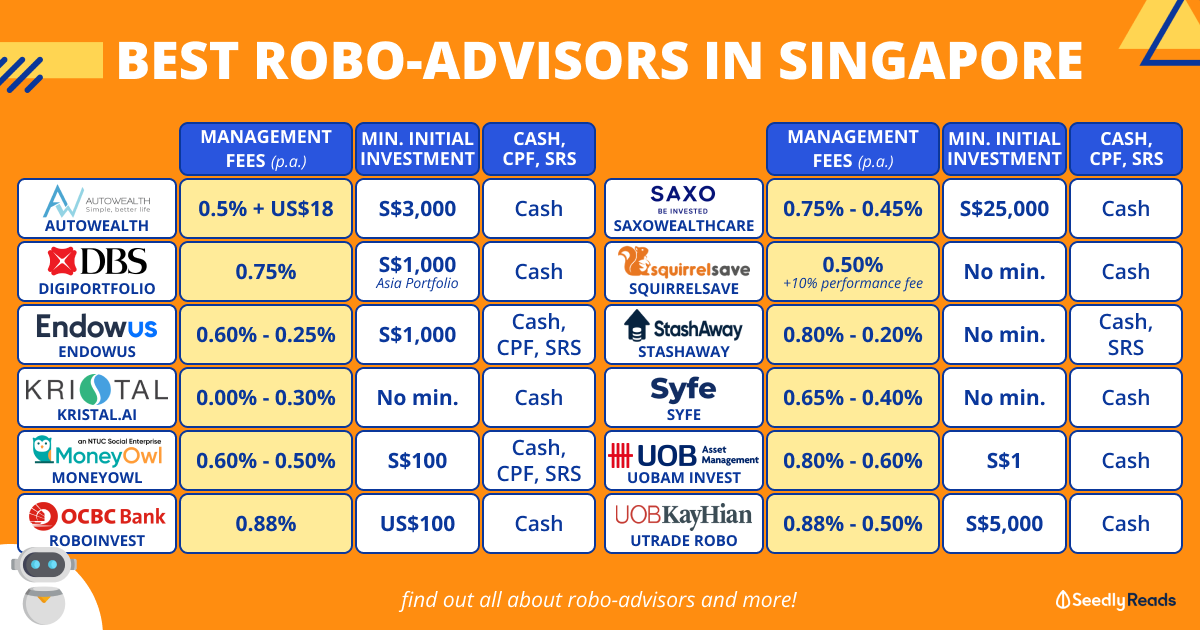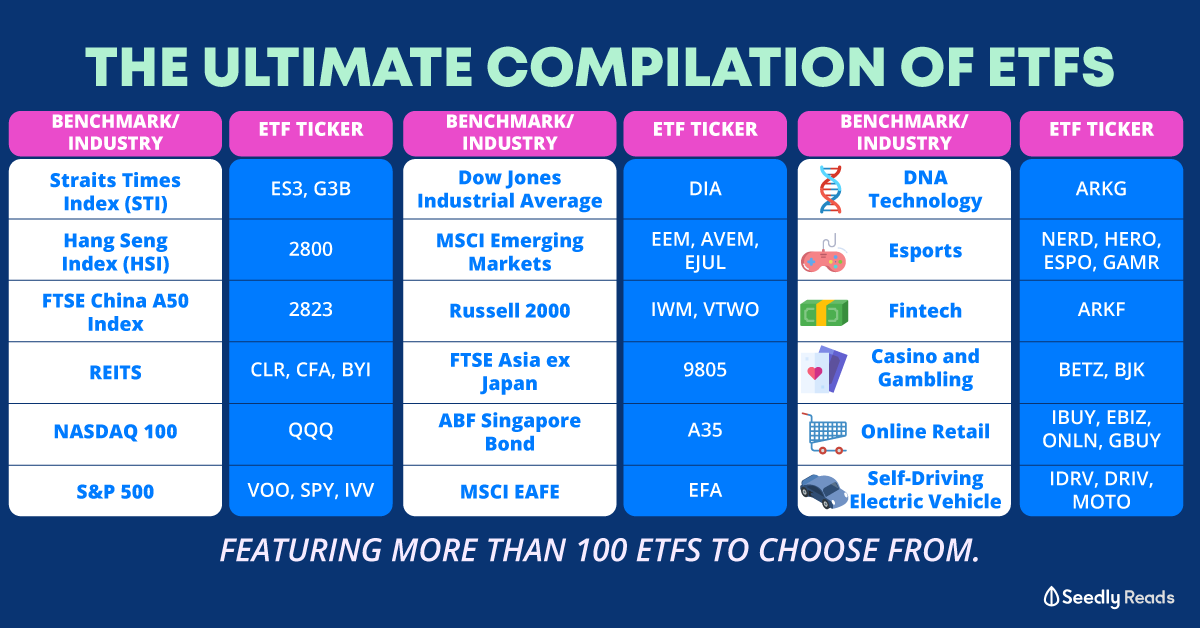Anonymous
Should I move my funds in StashAway over to Syfe with the Syfe Equity100 rebalancing?
I currently have equal amount of funds in both StashAway (36% risk portfolio) and Syfe (Equity100) and have DCA for about a year now.
The main reason why I chose StashAway is because of it's exposure to Chinese stocks.
The main reason why I chose Syfe is because of it's 100% equity portfolio.
Now that Syfe's Equity100 is rebalancing which adds 2 Chinese stocks ETFs, should I move my funds and focus on just one portfolio instead?
5
Discussion (5)
Learn how to style your text
Reply
Save
Adding Chinese stocks ETFs Is gd! ie the future of the era!!! But but the problem is they added two similar ones ie msci china and kweb- too positive in correlation, i supposed?!!
even though kweb is in stashawy too, stash has too much gold components i felt...
syfe is abit too "greedy" as more is not more return !
btw, stashaway is adding on two esg etfs, if u like Esg concepts, stay w stashwy pls although i find it too many gold
and i need to observe further for the equal wt invesco into syfe! I hve my reservatns :
The Invesco sp500 eq wt will invest equally the stocks in the S&P 500 Index so that small/med cap stocks get the chance ....
(No longer by mkt cap weightage- nothinh wrong though)
Syfe claimed that by doing so “provides optimal risk-adjusted returns for Equity100 going forward.” - so when there is a drawdown , the impact of fall is lesser “theoretically” ??
but but ...., the rebalancing will result in additional trading costs for the ETF (cos u hve to keep selling and buying quarterly to ensure equal weigtage). Hopefully not by alot- we hve to really see!
According to the official S&P Dow Jones Indices fact sheet data released from March 31, 2020, for the past five years, the annualized std deviatn was 15.51% for the S&P EWI versus 13.65% for the S&P 500.so This reflects the fact that smaller-cap stocks are generally more volatile than larger-cap companies!!!!
(i m commenting as i have both syfe &stash)
Reply
Save
Zac
15 Apr 2021
Noob at Idiots Invest
If you want "exposure to Chinese stocks" without too much concern over what exactly these stocks are...
Read 2 other comments with a Seedly account
You will also enjoy exclusive benefits and get access to members only features.
Sign up or login with an email here
Write your thoughts
Related Articles
Related Posts
Related Products

StashAway
4.7
1293 Reviews
StashAway Simple Guaranteed 3.55% p.a. (Guaranteed rate)
Cash Management
INSTRUMENTS
None
ANNUAL MANAGEMENT FEE
None
MINIMUM INVESTMENT
3.5%
EXPECTED ANNUAL RETURN
Mobile App
PLATFORMS

Syfe
4.6
930 Reviews

Endowus
4.7
656 Reviews
Related Posts








As some of the respondents mention that as you start better to concentrate on one. But as increase investment portfolio to have some diversification also cos between Syfe /SA/ Endowus, there are some different approaches.